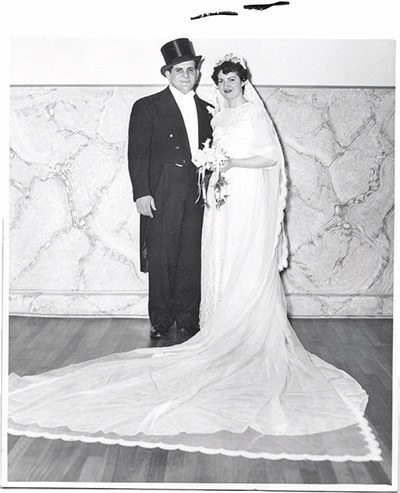
“Search & Research, Lectures and Papers 3: Generation of the Unbound—The Leadership Corps of the Reich Security Main Office.” Jerusalem. Yad Vashem. 2002. 32 pages. ISBN 965-308-162-4.
In this very significant monograph published by Yad Vashem, German historian Michael Wildt explores the fundamental role played by the Reich Security Main Office (RSHA) in the mass murder of European Jewry during World War II. The RSHA’s office in Berlin was home to 3,000 employees. Approximately 400 men and one woman held key positions in the organization. SS General Reinhard Heydrich served as chief of the RSHA.
Of the 221 individuals of the RSHA Wildt surveyed, 77% were born after 1900. Most came from lower-middle-class homes and were the first in their families to have attended a university. Two thirds graduated with degrees, with one third having completed a doctoral degree. The most important positions in the RSHA were held by lawyers, historians, philologists (historical linguists) or journalists. Approximately 22% majored in German literature, history, theology, journalism or philology. They were part of the bourgeois educated elite. For those aspiring to climb the social ladder, the RSHA provided the venue.
None of the young men who served in key positions in the RSHA would ever have imagined when they were still in the university that one day they would be completely involved in the systematic annihilation of the Jews of Europe. Even after they joined the Sicherheitsdienst (Security Service, SD) and the Gestapo (Secret Police), there were no signs or suggestions that there were plans to purge Europe of its Jews. Yet they were the ones who were eventually not only involved in planning the Holocaust, but in actively implementing the destruction as leaders of the Einsatzgruppen (mobile killing units) and Einsatzkommandos (a sub-group of the Einsatzgruppen) after Germany invaded Russia in June 1941.
Too young to have fought in World War I, that lack of opportunity “to prove themselves as brave warriors represented an enduring blow to their self-confidence” and “infused them with a feeling that they would have to prove themselves in the future,” Wildt asserted. He postulates that the actions of these “young men [who] became such merciless, cruel officers during World War II” might have been the result of their never “having seen a battlefield before, that they had not been soldiers like their fathers or older brothers, that they lacked the image of marital masculinity.”
In the RSHA, the men saw the means and the institution to realize their vision of creating “a new racial order for all of Europe.” They were not bureaucrats, and viewed their mission as ideological. The war in the east provided the space that led to radicalization and the conditions where murder became “an everyday practice.” They were not bound by civil rights or legal codes, allowing them to proceed as they saw fit without any restrictions or political concerns. These “young academics” were encouraged to act independently in making life-and-death decisions miles away from their main office in Berlin.
A fascinating examination of the RSHA leaders, who were part of the scores of intellectuals, academics, physicians and scientists, who became eager champions and active participants in Hitler’s Third Reich.
Dr. Alex Grobman is senior resident scholar at the John C. Danforth Society, member of the Council of Scholars for Peace in the Middle East, and on the advisory board of The National Christian Leadership Conference for Israel (NCLCI).









